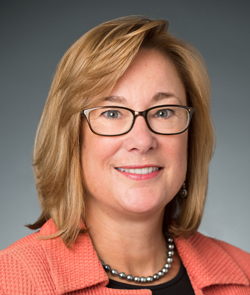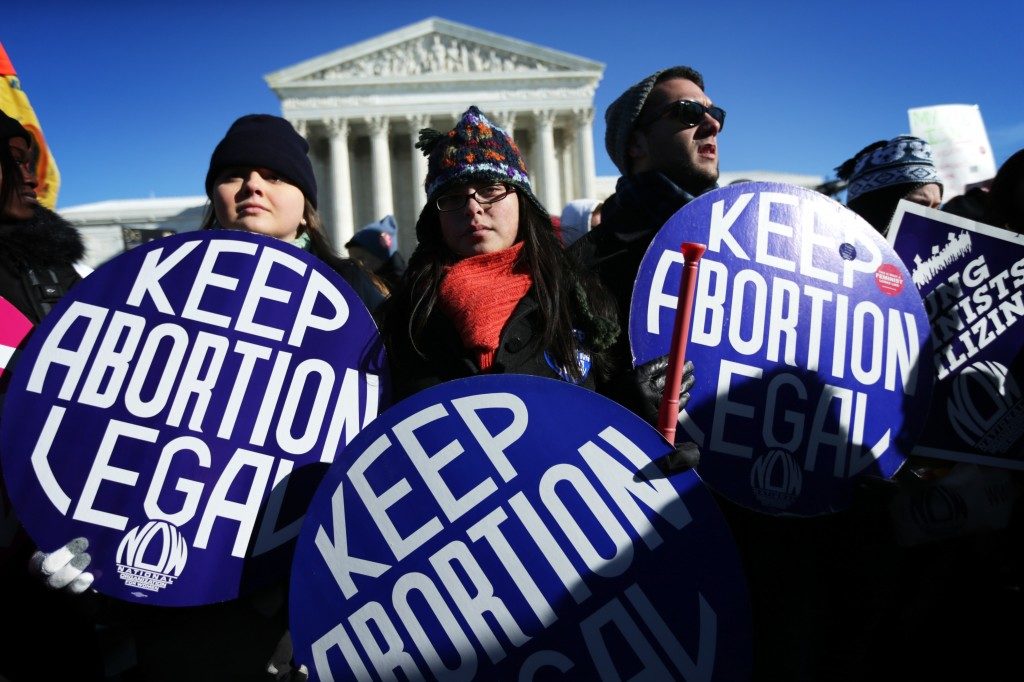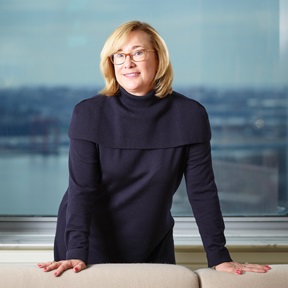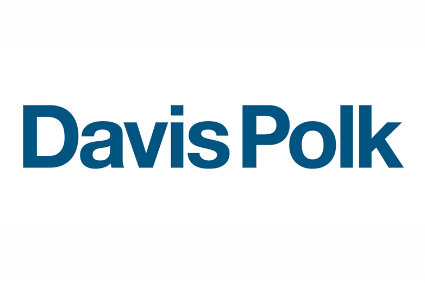THE HISTORY In 1973, in the landmark case of Roe v. Wade, the United States’
THE HISTORY
In 1973, in the landmark case of Roe v. Wade, the United States’ Supreme Court ruled in favor of a woman’s right to have an abortion.
Forty-five years later, the national debate sparked by the Supreme Court’s decision wages on. As traditionally conservative states continue to pass legislation aimed at closing abortion clinics, more and more women have broken the silence around what has historically been deemed a “taboo” topic. These women, many of whom have had abortions themselves, believe that it has been their ability to control their own bodies through access to safe and legal abortion that has allowed them to become the successful and independent women they are today.
Sanctuary is proud to honor one of these women, Janice Mac Avoy, as the 2018 recipient of the Zero Tolerance Award for her work in the legal battle to uphold abortion rights for all women.
JANICE MAC AVOY
Janice Mac Avoy is a New York-based partner at the law firm of Fried Frank, where she is a member of the Real Estate Department and the Litigation Department, head of the Real Estate Litigation Practice Group, and co-chair of the Firm’s Pro Bono Committee. She is a member of the American Law Institute and the Association of Real Estate Women, a former member of the Board of directors of the Mexican American Legal Defense and Educational Fund and current board member of Sanctuary for Families and the Center for Reproductive Rights, as well as a member and voting representative of the CRE Finance Council.

Janice graduated summa cum laude from Washington University and received her JD from Columbia Law School, where she was a Harlan Fiske Stone Scholar and associate editor of the Columbia Law Review.
Two years ago, Janice was the lead signer on an amicus (friend of the court) brief to the United States Supreme Court in the Whole Women’s Health case – an important Supreme Court case addressing Texas’ restrictive abortion laws, which would have closed 75% of the abortion clinics in the state. Janice wrote an article for the Washington Post discussing her role in the amicus brief and how the right to abortion changed her life and why it needs to be upheld. Recently, Sanctuary got the chance to interview Janice and find out more about her personal and legal connection to the ongoing battle over women’s right to abortion:
INTERVIEW
How did you first get involved with Sanctuary for Families?
I first got involved with Sanctuary about thirty-one years ago, when I was a student at Columbia Law School. During my time there, I participated in a family law clinic to get orders of protection for women who had been subjected to domestic assault. Ultimately, about fifteen years later, I was very involved in Fried Frank’s efforts to fund the beginning of the Courtroom Advocates Project at Sanctuary, which formalized the practice of students assisting victims of domestic violence obtain orders of protection. I started doing pro-bono work with Sanctuary right out of law school, and I have continued working with Sanctuary ever since.
What is/are you connection(s) to domestic violence?
I have always tried to be an advocate for victims of domestic violence since law school, and I continue to work with Sanctuary and other service providers to help victims of domestic violence escape their abusers. I have worked on almost 500 divorces, mostly for victims of domestic violence. I also believe that in order for women to fulfill their potential, they need to control their bodies, not only by being free of physical abuse or exploitation, but also by choosing when or if to have children. In addition to the friend of the court brief in Whole Women’s Health, which was signed by me and over 100 female attorneys who had exercised their constitutional right to have an abortion, I have also acted as counsel to other organizations that have submitted friend of the court briefs to the United States Supreme Court and other courts in support of protecting abortion rights, including the National Abortion Federation, the American College of Obstetricians and Gynecologists, and other medical professionals who support women’s access to safe, legal abortion.
The issue of a woman’s right to have an abortion is not an abstract one; it is a very real issue for women from all walks of life. The women lawyer’s brief got a lot of press, and I realized I had to keep speaking out on the issue, which then led to the Washington Post article, the CNN article, and a number of public speaking engagements discussing how critical it is to talk about abortion. The importance of access to reproductive rights is vital to a woman’s ability to control her destiny. Much of my work and the work done at organizations like Sanctuary is all about empowering women to be free of the patriarchal systems that currently dominate our political and social landscapes.

The theme for this year’s Zero Tolerance benefit is “Breaking the Silence.” What made you want to break the silence around what has for so long been deemed the “taboo” topic of abortion?
When the president of the Center for Reproductive Rights contacted me about being the lead signer on the Whole Women’s Health brief, I was very nervous about public reaction, but I knew I was going to do it anyway. I decided I wanted to talk to my family before agreeing to do it.
We all sat around the dinner table – me, my husband, my daughter, who was 16 at the time, and my son, who was 13. I sat them down and told them: “This is a big deal. My name is going to be out there, so it could affect you too.” My husband responded by saying that it was my decision and he supported whatever I wanted to do, and my daughter said that she would be disappointed in me if I didn’t do it. Everyone was incredibly supportive of my decision to speak out about my abortion. I even spoke with my mother, who absolutely supported my wish to speak out. “I wish I had the choices that you had,” she told me.
The firm’s support was also a big help. After the brief and before the decision, so many at Fried Frank were supportive in not only publicizing the firm’s role in the Supreme Court brief, but also furthering our efforts within the context of gender rights.
What do you hope other women can gain from your story, and those of other women who have broken the silence surrounding abortion rights?
We need to stop being ashamed. No matter what the issue is. Sanctuary has played an important role in breaking the silence on domestic violence and sex trafficking, and I hope to continue breaking the silence on abortion. Women shouldn’t be made to feel ashamed because they chose to have an abortion, just like they should not be shamed if they decided to have a child. This issue needs to be talked about. We have to take the shame away, and breaking the silence is a primary way to do that.
For a summary and photos of our 2018 Zero Tolerance Benefit, click here.


